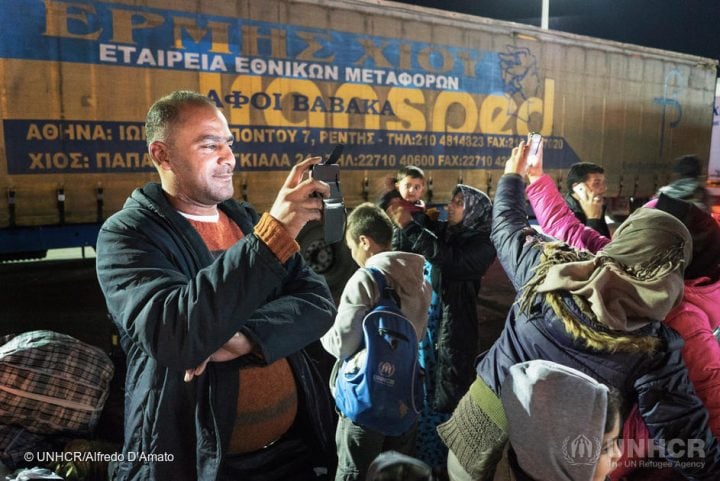In a recent decision the European Court of Human Rights recognized that messages between detained asylum seekers and their lawyer on a popular mobile messaging application were sufficient to meet formal requirements for lodging an application to the Court.

Asylum seekers and refugees often face obstacles in accessing justice. Gaps in legal aid services, immigration detention and, even, deportation can prevent access to legal representation. Requirements for signed documentation, which aim to deter vexatious or unfounded applications, can act as a barrier to asylum seekers’ and refugees’ accessing the Courts and Tribunals that are meant to safeguard their rights. What role can digital technology play in overcoming these challenges and increasing access to protection? On 25 January 2018, the European Court of Human Rights issued a judgment in the case of J.R. and others v. Greece (link in French), which reveals one possibility.
The Court had to consider whether evidence of communications between detained asylum seekers and a lawyer in Germany on a popular mobile messaging application were sufficient to meet its requirement that “a power of attorney or written authority to act” had been supplied to the Court (Rules of Court, Rule 45(3)).
The circumstances of the case were unusual. The three applicants were from Afghanistan and had arrived on the Greek Island of Chios on 21 March 2016, accompanied by two children, aged 4 and 8. The day before their arrival a Declaration between Turkey and the European Union had come into force, which put them at risk of deportation to Turkey. They were placed in a hotspot reception centre, known as Vial, and detention and deportation orders were issued by the Greek Police. On 4 April they claimed asylum in Greece and a fortnight later lodged an application with the Court about the lawfulness and the conditions of their detention.
The lawyer who was assisting them was based in Germany and informed the Court that his clients had been unable to sign the usual required documentation by hand because they were detained and the centre that they were held in could not receive post. He provided copies of the exchange of message on WhatsApp to show that he had a written authority to act and to lodge the application (which was subsequently confirmed in a letter sent to him by the applicants). The Greek Government requested that the Court strike out the application on procedural grounds.
The Court concluded that, in the circumstances, it should not reject the application, noting that its previous decisions indicated that the written authority to act did not require particular wording. The new departure appears to be that, where established channels were blocked, digital messages on a mobile application can be sufficient to meet the Court’s requirements that the legal representative had a written power of attorney or authority to act.
